Related: Britney Spears’ Ups and Downs Over the Years
Advertisement
Britney Spears. Steve Granitz/WireImage
Britney Spears won’t be releasing new music anytime soon.
“I will never return to the music industry!!!” Spears, 42, wrote via Instagram on Wednesday, January 3. “When I write, I write for fun or I write for other people !!! For those of you who have read my book, there’s loads that you don’t know about me … I’ve written over 20 songs for other people the past two years !!!”
Spears, whose last album Glory dropped in 2016, noted that instead of stepping back into the spotlight for herself, she’s recently worked as a “ghostwriter” for other artists and “enjoys it that way.” The singer also slammed rumors that her 2023 memoir, The Woman in Me, was released “illegally” without her approval, calling the speculation “far from the truth.”
The pop star has been taking her life into her own hands since her 13-year conservatorship ended in November 2021. Britney’s father, Jamie Spears, was first appointed the conservator of her personal life, finances and more starting in 2008. Britney began advocating for the termination of the conservatorship in 2021, alleging that Jamie, 71, and co-conservator Jodi Montgomery — who took over in 2019 — had abused their positions.
The Woman in Me, which hit shelves in October 2023, detailed Britney’s ups and downs since being thrust into the public eye, including what led up to her conservatorship being put into place. In the book, Britney wrote that she she knew “[she] had been acting wild” and partying at the height of her early 2000’s fame, but did not think that warranted such a strong reaction from her family.
Kevin Winter/Getty Images
“There was nothing I’d done that justified their treating me like I was a bank robber. Nothing that justified upending my entire life,” she alleged. “I went from partying a lot to being a total monk. Security guards handed me prepackaged envelopes of meds and watched me take them. They put parental controls on my iPhone. Everything was scrutinized and controlled. Everything.”
It was that tight control placed upon her, she explained, that has now led her to posting frequently and candidly on social media. Since the end of her conservatorship, Britney has taken to Instagram to perform dances for her fans, seemingly call out ex-boyfriend Justin Timberlake, share memories with her sons and give a glimpse into her life as a newly single woman after estranged husband Sam Asghari filed for divorce in August 2023. (Britney shares Sean Preston, 18, and Jayden James, 17, with ex-husband Kevin Federline.)
“I know that a lot of people don’t understand why I love taking pictures of myself naked or in new dresses,” she wrote. “But I think if they’d been photographed by other people thousands of times, prodded and posed for other people’s approval, they’d understand that I get a lot of joy from posing the way I feel sexy and taking my own picture, doing whatever I want with it.”
Britney Spears won’t be releasing new music anytime soon. “I will never return to the music industry!!!” Spears, 42, wrote via Instagram on Wednesday, January 3. “When I write, I write for fun or I write for other people !!! For those of you who have read my book, there’s loads that you don’t know
Us Weekly Read More
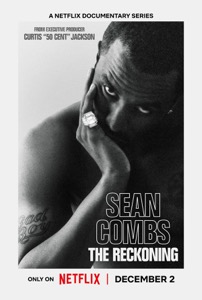
50 Cent’s new Netflix docuseries about Sean “Diddy” Combs is more than a headline-grabbing exposé; it is a meticulous breakdown of how power, celebrity, and silence can collide in the entertainment industry.
Across its episodes, the series traces Diddy’s rise, the allegations that followed him for years, and the shocking footage and testimonies now forcing a wider cultural reckoning.
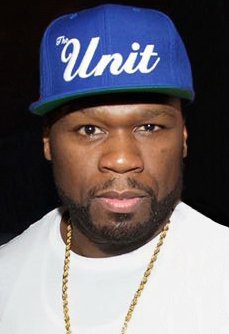
The docuseries follows Combs from hitmaker and business icon to a figure facing serious criminal conviction and public disgrace, mapping out decades of influence, branding, and behind-the-scenes behavior. Watching that arc shows how money, fame, and industry relationships can shield someone from scrutiny and delay accountability, even as disturbing accusations accumulate.
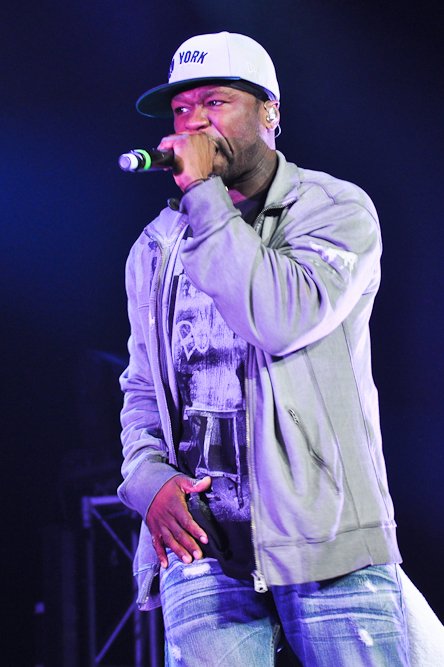
Exclusive footage of Diddy in private settings and in the tense days around his legal troubles reveals how carefully celebrity narratives are shaped, even in crisis.
Viewers can learn to question polished statements and recognize that what looks spontaneous in public is often the result of strategy, damage control, and legal calculation.
Interviews with alleged victims, former staff, and industry insiders describe patterns of control, fear, and emotional or physical harm that were long whispered about but rarely aired in this detail. Their stories underline how difficult it is to speak out against a powerful figure, teaching viewers why many survivors delay disclosure and why consistent patterns across multiple accounts matter.
As executive producer, 50 Cent uses his reputation and platform to push a project that leans into uncomfortable truths rather than protecting industry relationships. The series demonstrates how documentary storytelling can challenge established power structures, elevate marginalized voices, and pressure institutions to respond when traditional systems have failed.
Reactions to the doc—ranging from people calling it necessary and brave to others dismissing it as a vendetta or smear campaign—expose how emotionally invested audiences can be in defending or condemning a famous figure. Watching that debate unfold helps viewers see how fandom, nostalgia, and bias influence who is believed, and why conversations about “cancel culture” often mask deeper questions about justice and who is considered too powerful to fall.
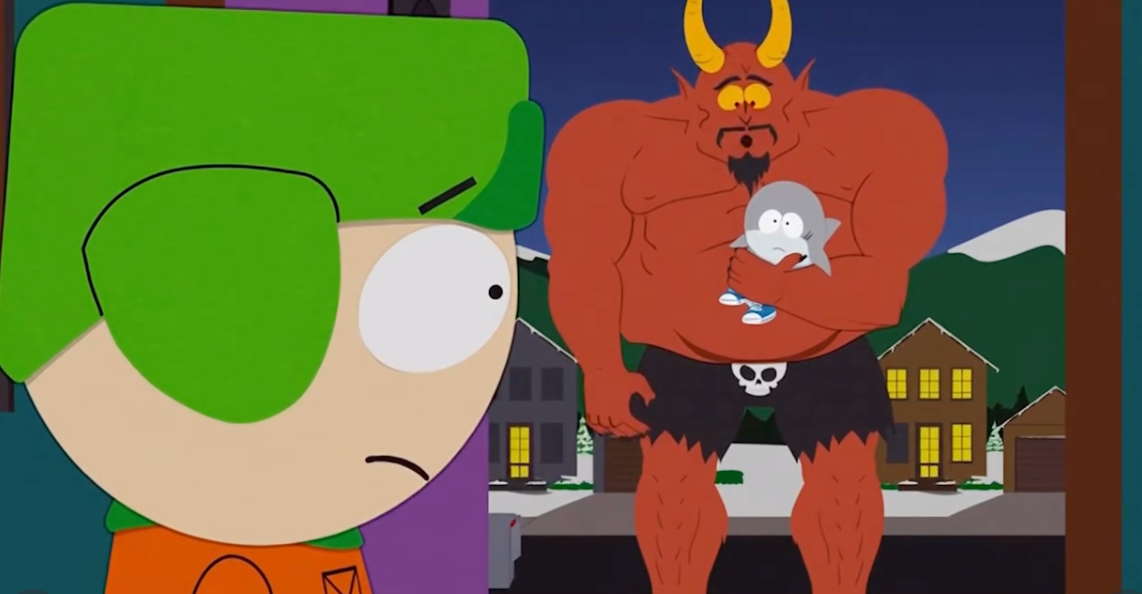
A new Christmas-themed episode of South Park is scheduled to air with a central plot in which Satan is depicted as preparing for the birth of an Antichrist figure. The premise extends a season-long narrative arc that has involved Satan, Donald Trump, and apocalyptic rhetoric, positioning this holiday episode as a culmination of those storylines rather than a stand‑alone concept.
According to published synopses and entertainment coverage, the episode frames the Antichrist as part of a fictional storyline that blends religious symbolism with commentary on politics, media, and cultural fear. This follows earlier Season 28 episodes that introduced ideas about Trump fathering an Antichrist child and tech billionaire Peter Thiel obsessing over prophecy and end‑times narratives. The Christmas setting is presented as a contrast to the darker themes, reflecting the series’ pattern of pairing holiday imagery with controversial subject matter.
Coverage notes that some figures connected to Donald Trump’s political orbit have criticized the season’s portrayal of Trump and his allies, describing the show as relying on shock tactics rather than substantive critique. Commentators highlight that these objections are directed more at the depiction of real political figures and the show’s tone than at the specific theology of the Antichrist storyline.
At the time of reporting, there have not been widely reported, detailed statements from major religious leaders focused solely on this Christmas episode, though religion-focused criticism of South Park in general has a long history.
Entertainment outlets such as The Hollywood Reporter, Entertainment Weekly, Forbes, Slate, and USA Today describe the Antichrist arc as part of South Park’s ongoing use of Trump-era and tech-world politics as material for satire.
South Park is rated TV‑MA and is intended for adult audiences due to strong language, explicit themes, and frequent use of religious and political satire. Viewers who are sensitive to depictions of Satan, the Antichrist, or parodies involving real political figures may find this episode particularly objectionable, while others may view it as consistent with the show’s long‑running approach to controversial topics. As with previous episodes, individual responses are likely to vary widely, and the episode is best understood as part of an ongoing satirical series rather than a factual or theological statement.
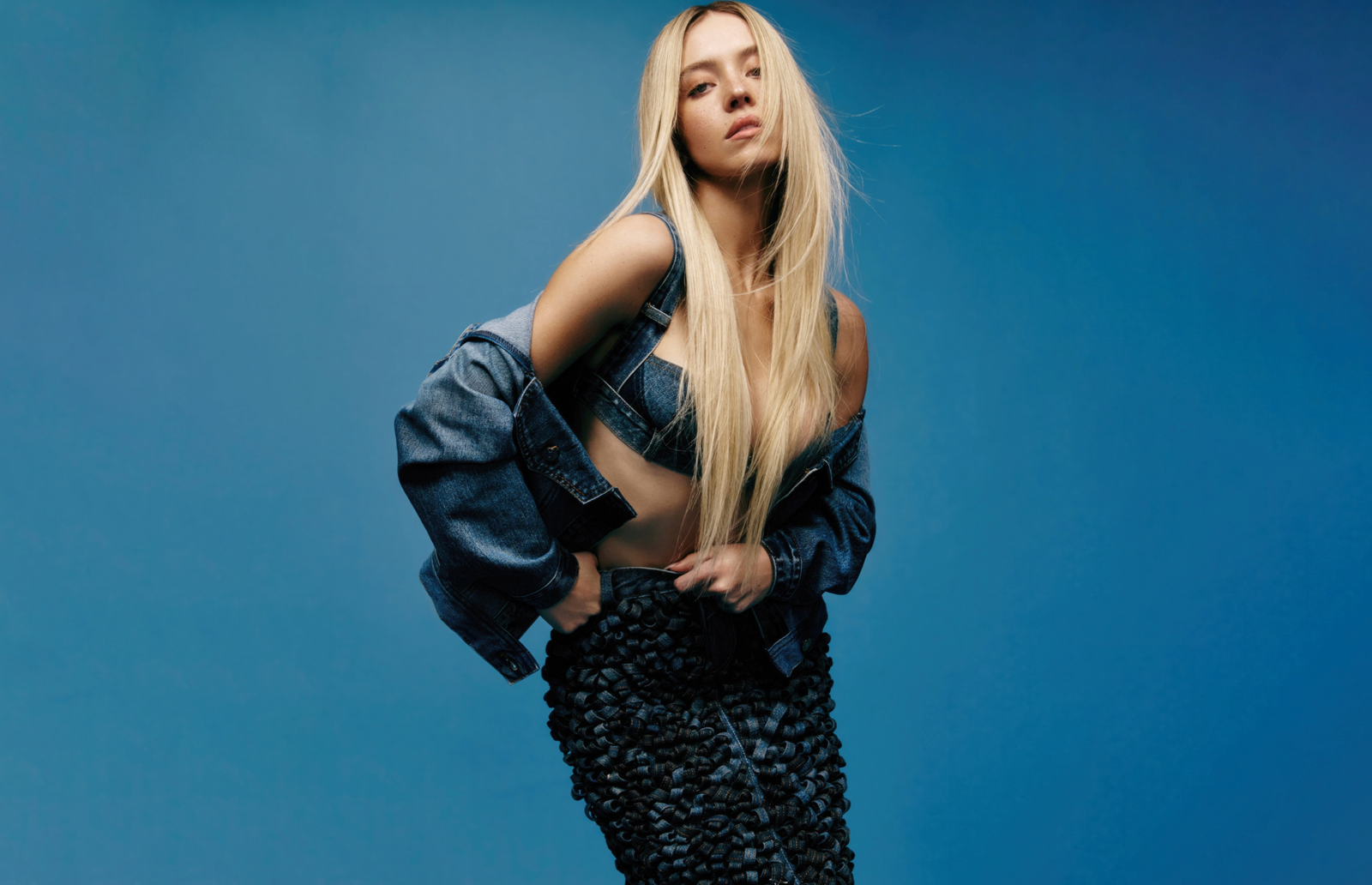
Sydney Sweeney has decided she is finished watching strangers on the internet treat her face like a forensic project. After years of side‑by‑side screenshots, “then vs now” TikToks, and long comment threads wondering what work she has supposedly had done, the actor is now addressing the plastic surgery rumors directly—and using them to say something larger about how women are looked at in Hollywood and online.

Sweeney points out that people are often mistaking normal changes for procedures: she grew up on camera, her roles now come with big‑budget glam teams, and her body has shifted as she has trained, aged, and worked nonstop. Yet every new red‑carpet photo gets folded into a narrative that assumes surgeons, not time, are responsible. Rather than walking through a checklist of what is “real,” she emphasizes how bizarre it is that internet detectives comb through pores, noses, and jawlines as if they are owed an explanation for every contour of a woman’s face.
By speaking up, Sweeney is redirecting the conversation away from her features and toward the culture that obsesses over them.
She argues that the real issue isn’t whether an actress has had work done, but why audiences feel so entitled to dissect her body as public property in the first place.
For her, the constant speculation is less about curiosity and more about control—another way to tell women what they should look like and punish them when they do not fit. In calling out that dynamic, Sweeney isn’t just defending herself; she is forcing fans and followers to ask why tearing apart someone else’s appearance has become such a popular form of entertainment.